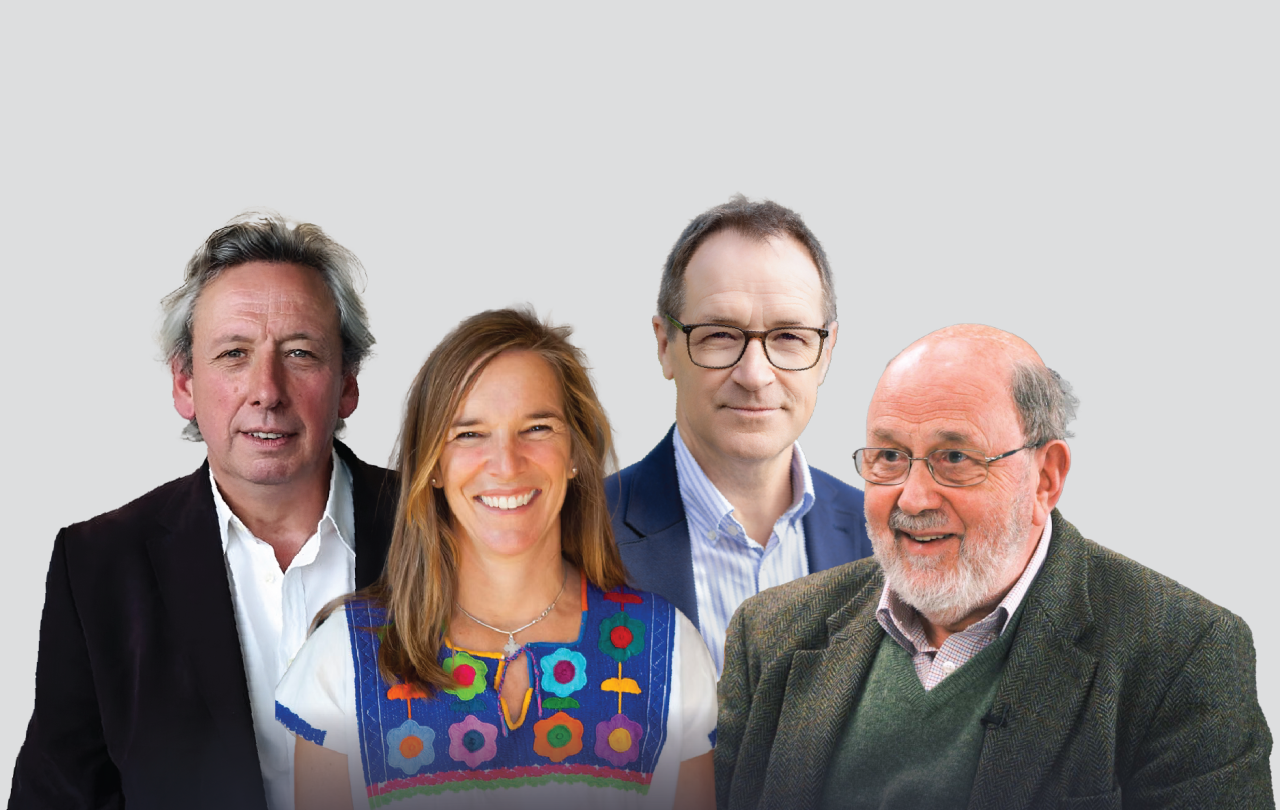
The story of Christian martyrdom began with the death of St Stephen. On the 26th December 36 AD, Stephen the Deacon proclaimed the Christian faith before the rabbinic court in Jerusalem. His apology enraged the crowd before him. They dragged him outside of the city gates and stoned him until he perished. Looked at from one angle, all we see is chaos, fear and violence. Viewed from another perspective, however, we see remarkable courage and love for God. Stephen’s love for God so consumed his heart and mind, that he preferred to die violently than turn against Him. He became the first Christian martyr, a term which means ‘witness’ in the original Greek, because he would rather testify to his belief in Christ than live. We also use this term because his death says something about the character of God. Those who follow Christ take on his virtues. Stephen’s death showed how he possessed God’s virtues of courage and love more than the average believer.
More stories of martyrdom emerged from the first three centuries after the death of Christ. A number of sources have told of the harrowing death of the Forty Martyrs of Sebaste. Each presented it differently. Basil of Caesarea recounted how the Roman emperor enacted a law, making it illegal to confess faith in Christ. As an imperial official was posting up the law in a public place and demanding obedience, forty soldiers stood up and declared, ‘I am a Christian.’ The official promised them riches and high office to deny their belief in Christ. But they did not relent. He threatened violence and they remained steadfast. They said that because of their love for God they would readily accept torture on the wheel, by screws, and being burned alive. In response the official exposed them to the cold, where they stood until they froze to death. In this story, these same two perspectives emerge. One reveals violent death at the hands of a state scared of the consequences of people refusing to sacrifice to the pagan gods. The other speaks of people full of love for God, and the courage and integrity to refuse to turn their backs on Him.
The martyrs show us that the virtues we need so often grow out of suffering and struggle.
Stories about martyrdom punctuated the worshipping life of the Early Church. Each year as the anniversary of a martyr’s death rolled around, crowds would gather at their tombs. Singing hymns, they held a candlelit vigil all night. In the morning the crowds processed into the tomb, where the bishop celebrated the eucharist and gave a speech commemorating their violent deaths. By the fourth century, each region celebrated dozens of different martyr festivals. These were joyful and ecstatic occasions. Early Christians treasured the opportunity to honour the martyr’s memory through commemoration.
They also invested these stories with great spiritual potential. The martyrs were seen to be guides in the path of holiness. The deaths of St Stephen and the Forty Matyrs of Sebaste revealed how to express one’s love for God: to treasure Him so much in one’s heart, that nothing is worth denying one’s belief and trust in Him. Additionally, early Christian writers began to articulate that these stories also inspire and embolden their audiences to imitate the martyrs. Until the early fourth century, when Christianity became legally tolerated, some Christians faced the choice of denying Christ or death. For these Christians, the stories of the martyrs showed them that the Christian life involved proclaiming their faith and facing death, and crucially it gave them the inner strength to follow it through. After Christianity was made legal, Christians still saw the martyrs as spiritual guides. They revealed how to express courage and love for God in the face of hardship. These stories ignited a fire of zeal to imitate the martyrs in some way.
They are, I propose, also of great inspiration to those who do not think of themselves as Christians. The martyrs reveal to us how a love for God generates virtues we prize so greatly in society, namely courage, integrity, and faithfulness. If it were not for love for God, Stephen and the other martyrs would not have chosen to suffer, and they wouldn’t have expressed these precious qualities. In short, they give insight into how Christians understand love for God to be the wellspring for those precious virtues. The martyrs show us that the virtues we need so often grow out of suffering and struggle. In a sense, they reveal the value of suffering for virtue. However, they do not encourage us to suffer for its own sake. Rather, they reveal that the full expression of love for God can so often involve suffering and struggle. When Christians faithfully say yes to this hardship out of love for God, it transforms them into the embodiments of these precious virtues, which perhaps we need more than ever today, in an age where comfort and ease seems the goal of life.





